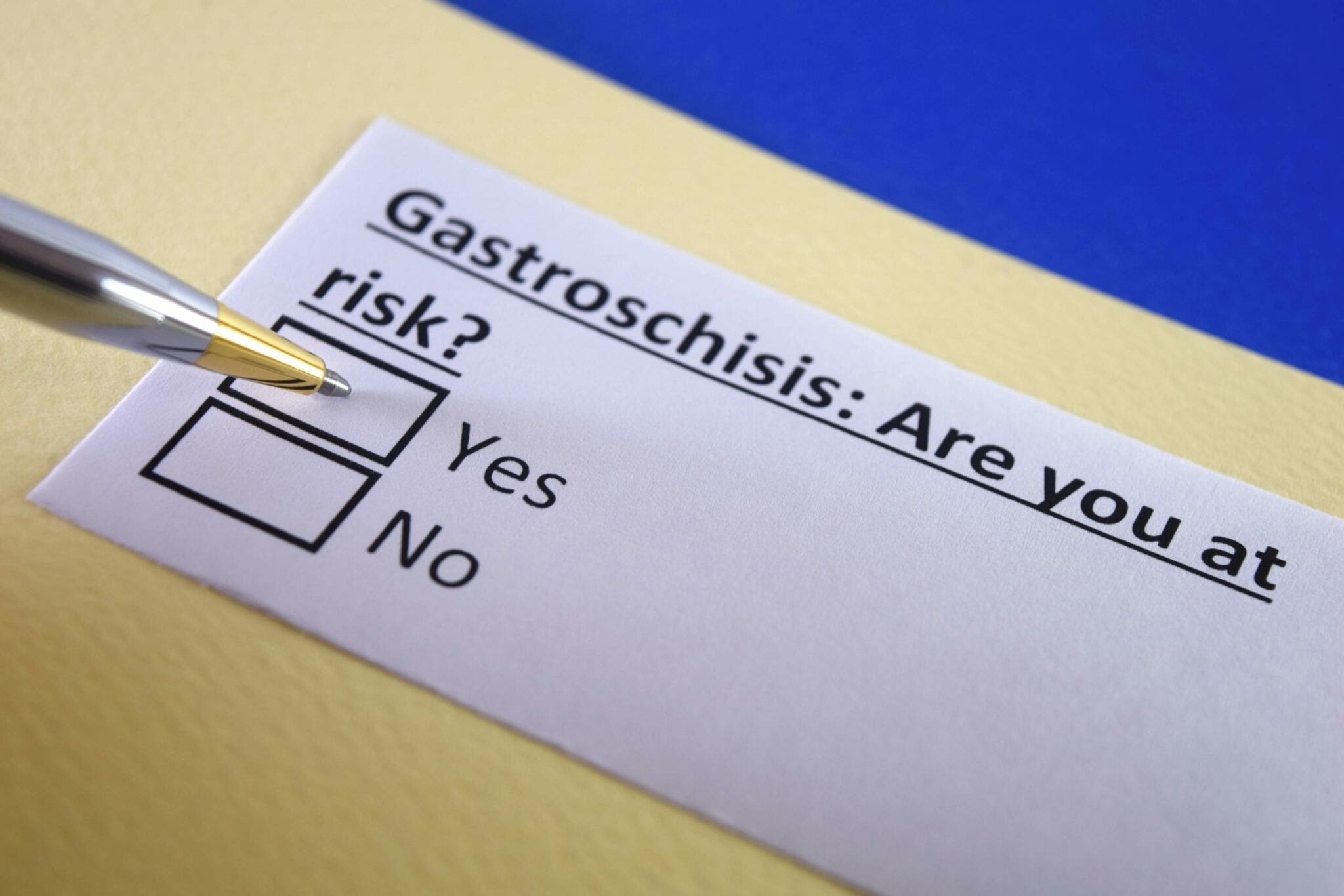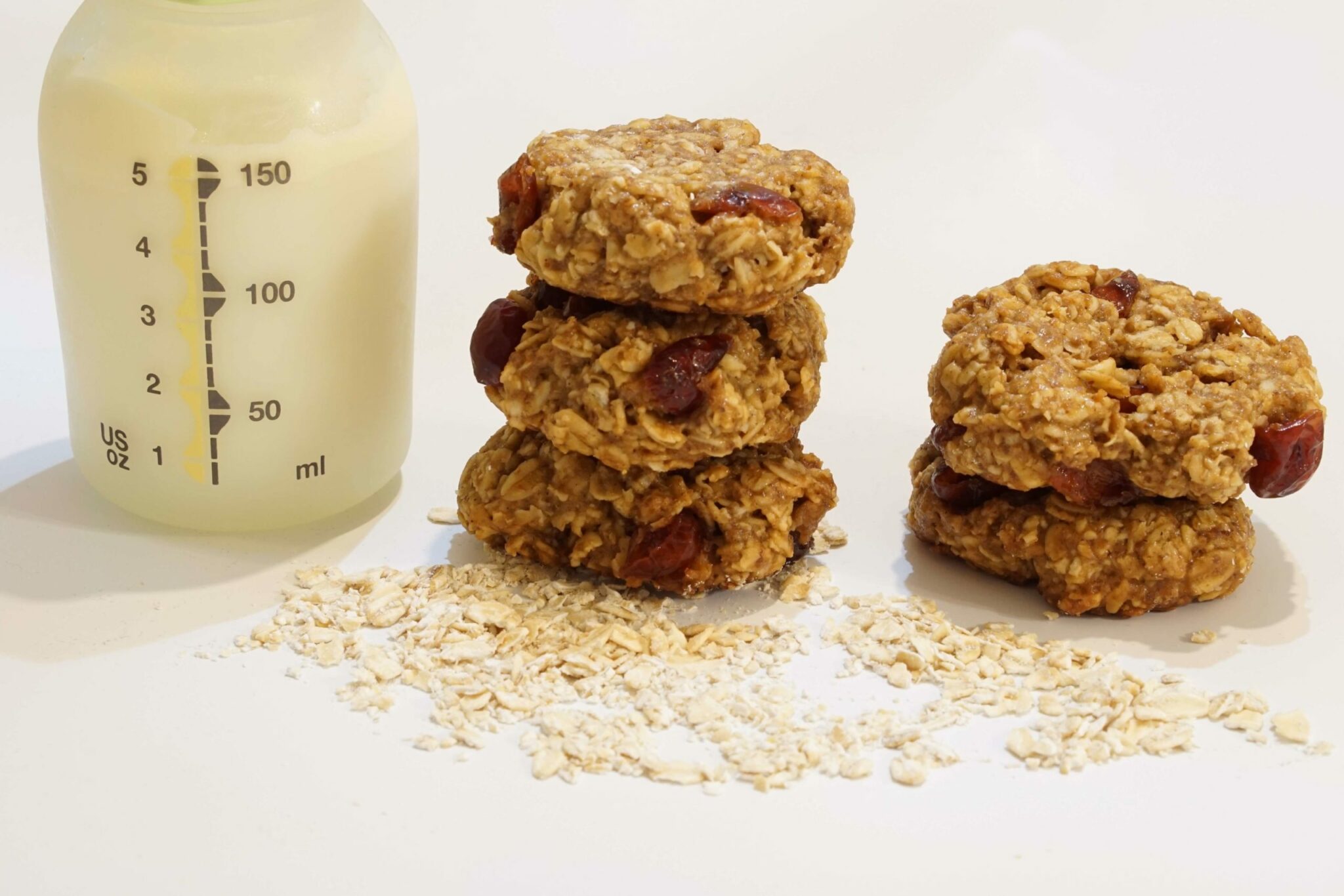Baby Development: Your 3 Month, 3 Week Old


3 month 3 week old baby, as your baby nears the four-month check-up, you might find yourself wondering if he or she is “normal.” While it’s important to remember that every baby is unique, and growing up isn’t a race, there are certain things pediatricians look for around this age.
Interactions
Your baby is likely smiling and laughing now, which can provide endless entertainment. You also may hear coos, gurgles, and small sounds like “goo” or “ah.” These little communication points allow you to not only learn about your baby’s emerging personality, but also to better interpret what he or she is feeling.
Speaking of interpreting, at about the 15-week mark, babies are also starting to learn more about your facial expressions and emotions. You may notice that you are holding your baby’s attention for longer. This is partly possible because your baby’s vision has improved and he or she is likely now seeing with about 20/40 vision.
Your baby’s eyes should also smoothly track movements (a full 180 degrees), such as when you are walking around a room or moving a toy.
If your little one’s eyes are crossed or if your baby seems to have difficulty moving his or her eyes or following objects, you might want to bring it up at the check-up. You may also want to discuss with your pediatrician if you notice your baby isn’t making sounds, such as babbling.
Playtime
Babies at 15 weeks should be able to reach and grasp for objects, which requires improved eye/hand coordination and grip strength. Their grasp won’t be perfect, so don’t worry if there are a lot of misses, but it’s a good sign when you see your baby reaching and grabbing more often.
Once an object is successfully grabbed, there’s a good chance it will end up in your baby’s mouth (or at least he or she will likely aim in that general direction). This is how your baby explores the world, but it can also increase the risk for choking. Don’t allow your baby access to anything that could be a choking hazard. If you’re not sure which items are choking hazards, use an empty toilet paper tube as a test. If you can fit an object inside the tube, it’s too small for your baby to handle safely.
Sounds
By 15 weeks, your baby should turn his or her head when you call out his or her name. Guess what? Your baby also knows the meaning of certain sounds and even words, such as “no.” It’s important to continue using real words and communication when you talk to your baby — this will help in speech development later on.
Looking ahead
In the next few weeks, be prepared for some more major changes. A 15-week-old baby is really working on physical development. In addition to rolling over, he or she can probably bear some weight on the legs when held upright and may even be able to maintain a sitting position with lots of help. It’s a good idea to help this development along by safely playing with your baby, holding him or her upright and giving lots of opportunities to reach for objects, including you!
Remember that each child develops at his or her own pace. If you are concerned over particular milestones reached, make a list to prepare for your next pediatrician’s appointment, so you won’t forget any questions while you’re at the office.
Is your baby sleeping well? Learn more about your baby\’s sleep at this age with Bundoo Sleep Expert, Kim West.
Powered by Bundoo®










































